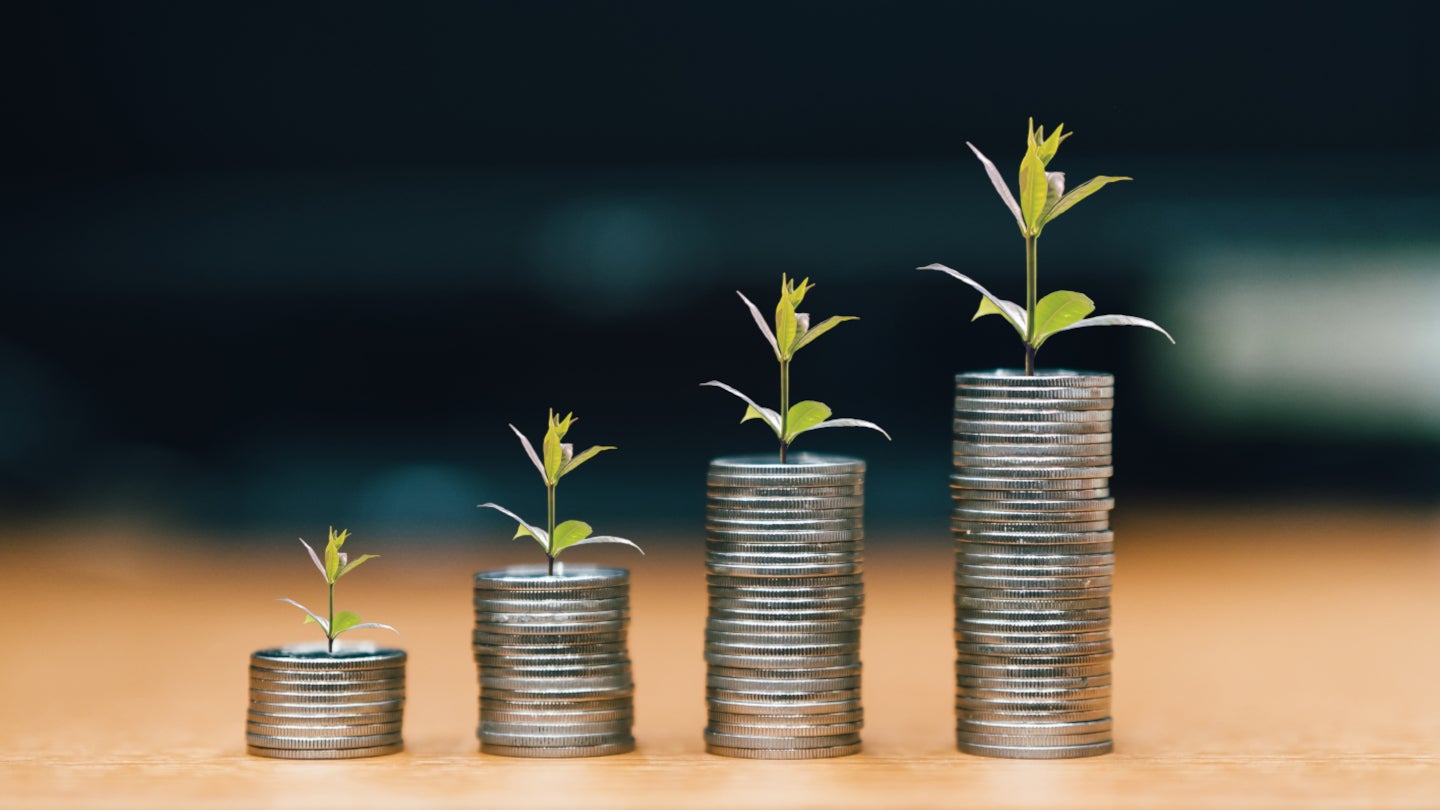Kellan Jansen
4 min read
Americans reportedly pay an average of $150 to $200 annually in bank fees. These mostly come from overdrafts and other account maintenance charges. If you’re someone who struggles with fees like these, signing up for the right banking notifications can help you solve the problem.
Be Aware: Fidelity Says This Is a Surprising Risk of Holding Too Much Cash — Do You Have Too Much?
Trending Now: 10 Genius Things Warren Buffett Says To Do With Your Money
Here are five valuable types of alerts to consider adding to your bank account.
You can only be charged overdraft fees if you run out of money in your account. That’s why setting up a low balance alert may be a good move. It would warn you when funds are running low so you can change your spending habits until the next check arrives.
This can be especially helpful when dealing with unusual charges. For example, maybe you usually don’t have any bills due on the 15th but signed up for a buy now, pay later (BNPL) agreement.
A low balance alert could notify you of the pending charge. That way, you know to spend less until the 15th or to deposit more funds from another account to avoid an overdraft fee.
Learn More: I’m a Financial Advisor: My Wealthiest Clients All Do These 3 Things
Some banks also have alert systems for unusual account activity. For instance, you might live in California but suddenly have a debit transaction in Texas. Your bank’s alert system could let you know in case it’s fraud.
Knowing this would help you take action to resolve the issue sooner. Sometimes, that’s all it takes to avoid overdraft fees and related charges. For example, you might need to delay making your car payment after an unusual activity alert.
The average American spends just over $6,000 on monthly expenses. It can be difficult to keep track of every bill. Most of us have forgotten about an upcoming payment at some point in our lives. That’s what makes bank alerts for large purchases and withdrawals valuable.
These alerts let you know when money comes out of your account. You may be able to set thresholds for a dollar amount that will trigger the alert. For instance, you could set up alerts for any withdrawals over $100 or $1,000, depending on your financial situation.
Nearly 1 in 3 Americans have been victims of financial fraud online. If your bank account gets hacked, you want to be able to respond quickly. Doing so may help you avoid overdraft fees — which aren’t always refunded, even when stolen funds are.













